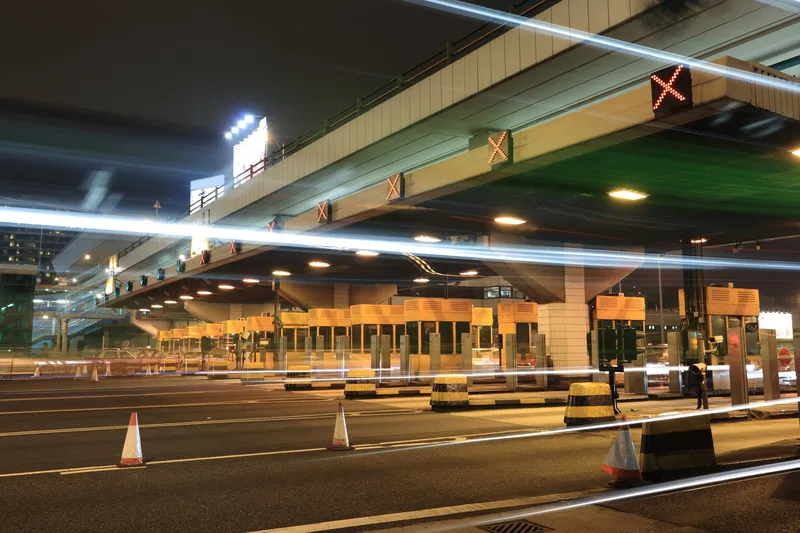
As the company points out, when you drive into a modern indoor carpark, your vehicle normally passes over two induction loops and chances are they are connected to Feig Electronic vehicle detectors.
The new VEK MNE1/2 loop detector sports a modern design and is much faster than its predecessor. Mobile devices can be connected up easily using a USB port. This allows engineers to view the detector’s configuration on-screen using free diagnostic and service software, and change it easily and conveniently on site.
Feig will also be offering an insight into its solutions in the fields of control electronics, traffic sensors, RFID and Payment. The company is a leading specialist in control electronics, traffic sensors and contactless identification (RFID). Under the brand name ObidD, Feig supplies RFID antennas and write/read devices for a range of different operating frequencies, including LF, HF, UHF, and application areas.
Meanwhile, the Feig Controller division offers a wide range of different gate and barrier controls. In addition to various systems for opening gates and barriers, as well as wireless security systems, Feig provides a comprehensive Intelligent Door Management solution.










